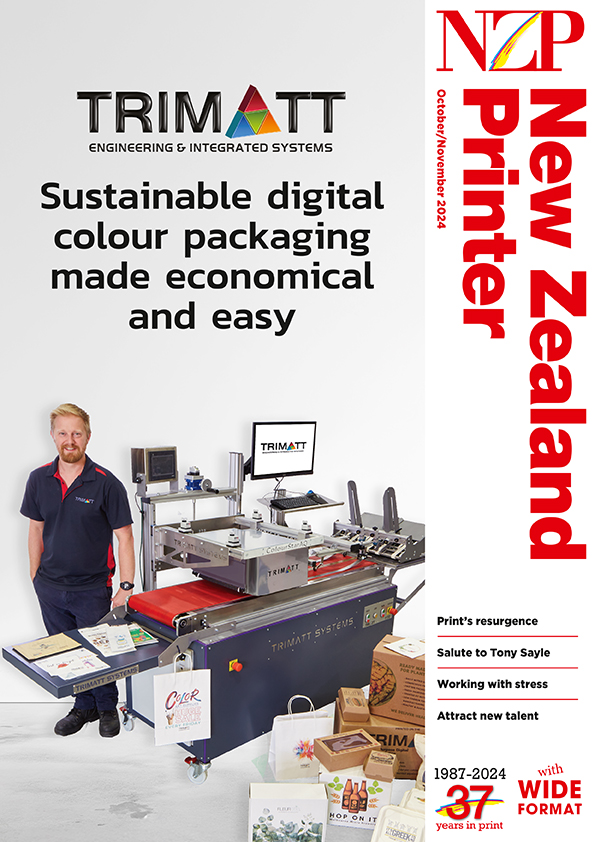One of my clients introduced me to a new sales term recently. “The ‘slow no’ is the worst,” he said.
“That describes the situation where you put a lot of time and effort into developing a new client and it drags on and on and then you end up not getting anywhere. You would be much better off knowing right from the start that you are barking up the wrong tree.”
I agree, although I am not sure that you can always know right from the start. Still, any time that you are unlikely to succeed, especially in something that involves a long chase, you are better off figuring that out sooner rather than later.
Yup, It’s A Duck!
One of my high school teachers introduced me to the Duck Test about 50 years ago. If it looks like a duck, swims like a duck, and quacks like a duck, then it probably is a duck. Here is how that applies to printing sales. If it looks like a poor use of time, based either on instinct or past experience, then it probably is a poor use of your time.
When I reviewed my client’s most recent ‘slow no’ experience with him, he admitted that there were at least a couple of points during the long process where he should have realized that he was wasting his time. “I have definitely been there and done that,” he said, “but I guess I did not learn everything that I could have from the experience.”
Tip #1: Learn from experience, and recognize the patterns of both failure and success. When experience — or instinct! — tells you that you should be looking for a better opportunity, do just that.
Customer Management
I remember a conversation I had with another client some years ago. We were talking about customer management. Her position, as I recall, was that firm customer management is critical because (a) it is part of great customer service, and (b) because it is the best way to keep your customers from making you crazy. This particular client seemed never to be afraid to tell a customer: “Here is what I need from you” or “This is not what I want from you”.
At this point on today’s conversation, I would like us to separate the ‘slow’ from the ‘no’. If you can accelerate the process of getting to the final decision, you are probably better off. And you can often do that by setting expectations and accompanying timelines. “Can I ask you to let me know by (some specific date)?” is a fair question for a salesperson to ask.
Tip #2: Do not be afraid to manage your customers, with “firm” being a key word. Yes, there is a line that you do not want to cross, but again, if you are unlikely to succeed, you want to know that sooner rather than later.
Probability Of Success
Now let us move from the ‘slow’ to the ‘no’ and give some thought to how you can actually measure your probability of success. On one hand, you can guess at it. On the other hand, you can simply ask the person who is most likely to know.
This might be thought of as a ‘trial closing’ question, and it is a question you can ask at both at multiple times and multiple points in the selling process: “Based on where we are right now, what would you say are the chances that you will move forward with this project and that I will get the order?”
A high likelihood would suggest that you hang in there. A low likelihood suggests that you might be heading for a ‘slow no’. A high likelihood of the buyer moving forward with the project coupled with a low likelihood that you will get the order should at the very least get you thinking about what you could be/should be doing differently to increase your probability of success.
Tip #3: Don’t guess, ask! There is a huge difference between I think I have a chance and I know I have a chance. Remember, too, that this can be measured more accurately than just good or not-so-good. I frequently ask my own prospects to give me a percentage, and I have learned that I can often sell myself into a 50% likelihood but almost never into a 10% chance. Just like you, I want more clients to say ‘yes’ than ‘no’, and especially ‘slow no’.
Time is money. This all comes back to using your time wisely.
Dave Fellman is the president of David Fellman & Associates, Raleigh, NC, USA, a sales and marketing consulting firm serving numerous segments of the graphic arts industry. Contact Dave at
dmf@davefellman.com. Visit his website at www.davefellman.com


